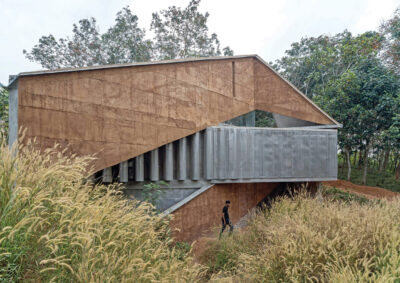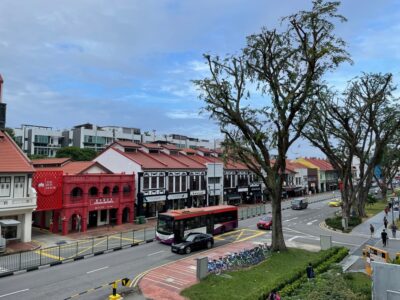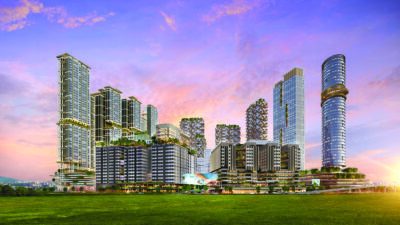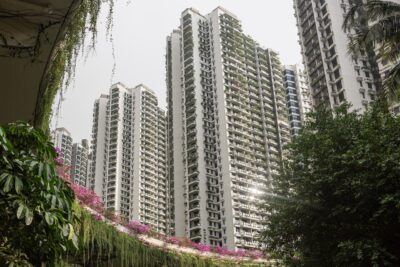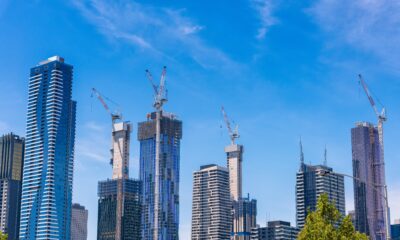Sri Lanka, a decade after the war
From the ashes of the civil war, a little shaken, a little stirred Sri Lanka is still finding its footing in the real estate industry

Ten years after the civil war ended in Sri Lanka, the island nation still reckons with turmoil: something witnessed in devastating fashion on Easter Sunday when suicide bombers killed hundreds in a series of coordinated attacks on churches.
Those attacks sent shockwaves around the world and added to a sense of crisis in the island nation, which, of late, has been embroiled in political intrigue and mired in economic woes.
In October 2018, Sri Lankan President Maithripala Sirisena ousted Prime Minister Ranil Wickremesinghe in a months-long constitutional crisis that undercut investor confidence, downgraded the country’s credit ratings, and fomented foreign capital outflows.
This year, the country owes almost USD6 billion in foreign debt repayments—record obligations that come immediately on the heels of a year in which the Sri Lankan rupee dropped 16 percent, one of Asia’s worst-performing currencies then.
The property market is suffering amidst the political standoff. Reports by professional services firm KPMG Sri Lanka reveal the depreciation of the rupee raised the dollar-denominated cost of high-end condominiums by around 20 percent toward the end of 2018. Some developers also claimed monthly condo sales sinking to just one to two units on average, down from eight to nine.
The high-end and luxury segment may see some challenges in the next 12 months with slower demand and absorption. The sluggish outlook is expected to continue till the upcoming elections at the end of the year. However, there are still some good opportunities available in the market for prospective investors
Today the prime residential segment grapples with absorption issues while middle and affordable segments are seeing sustained demand, according to Nirmal de Silva, director and CEO of Paramount Realty.
“The high-end and luxury segment may see some challenges in the next 12 months with slower demand and absorption. Larger foreign developers are expected to fare better than the local counterparts during this time period,” says de Silva. “The sluggish outlook is expected to continue till the upcoming elections at the end of the year. However, there are still some good opportunities available in the market for prospective investors.”
For perspective, Sri Lanka has 18,000 luxury and semi-luxury apartment units under construction and in the pipeline, compared with an inventory of just 438 units at the top tier at the turn of the millennium, according to Roshan Madawela, CEO of Research Intelligence Unit (RIU). “Is there enough domestic demand to meet the supply at the top end? No, there isn’t. The developers really do need to look beyond—they need to look at the diaspora, at foreign investors,” says Madawela, adding the tier-one segment “needs a lot of support from government in terms of policies and initiatives geared towards mobilising foreign investors.”
Due to non-performing loan risks associated with real estate and construction, it isn’t surprising the banking sector has clamped down on lending. “Property developers are finding it difficult to pay back loans and most construction projects are on hold,” Ravi Abeysuriya, group director of financial services group Candor, told press at the Lanka Property Show mounted by LankaPropertyWeb.com.
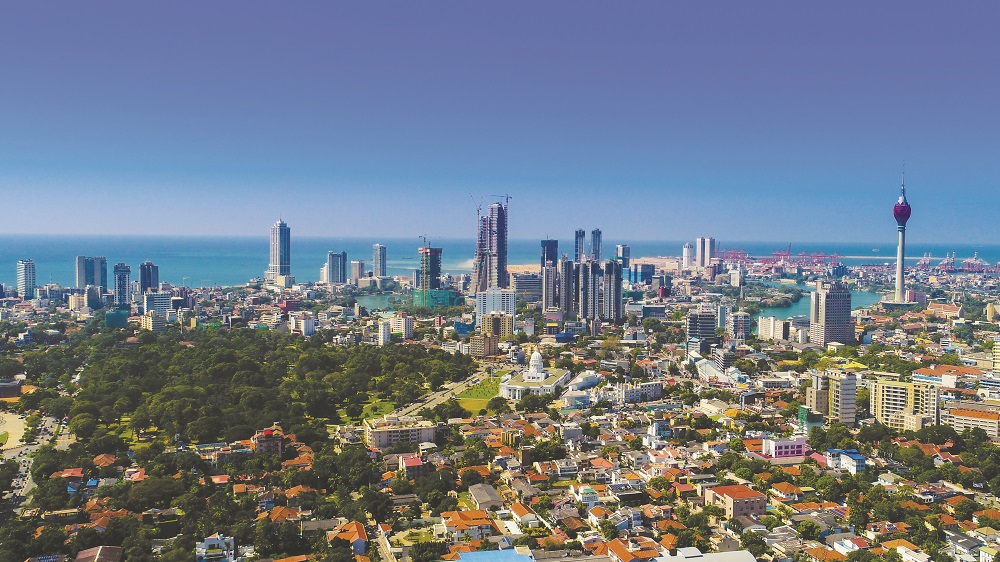
Under Budget 2019, it seems the government is moving to address these problems. Its programmes include granting five-year residential visas to foreigners who invest USD400,000 or more in the country’s condominiums. Until last year, foreigners had been restricted from buying freehold condos above the fourth floor of a building. The new budget also includes a scheme extending a loan of LKR10 million (USD142,000) to documented overseas workers seeking mid-range apartments and houses. More than two million Sri Lankans who are living overseas currently have a bank account or own a property in Sri Lanka, according to RIU data.
Another programme under Budget 2019, dubbed “Home Sweet Home”, offers loans worth LKR10 million each for eligible couples to own starter homes. “The mid and affordable segments will continue to have demand. The proposed preferential loan scheme for newly married couples is anticipated to positively impact this segment,” says de Silva.
A booming middle-income and high-income population who want to live centrally in Colombo will continue to power domestic demand for the more affordable segments, according to Madawela. “Demand for renting apartments in Colombo will continue to increase, and that in itself will drive apartment markets in tiers two and three.”
Whilst encouraging more foreigners to buy Sri Lankan property, the government is also setting out to manage its record debt repayments and lower the budget deficit. Last year, the country aimed to reduce its deficit to 4.8 percent of the GDP but ended up hitting 5.3 percent. It is aiming for 4.4 percent of the GDP this year.
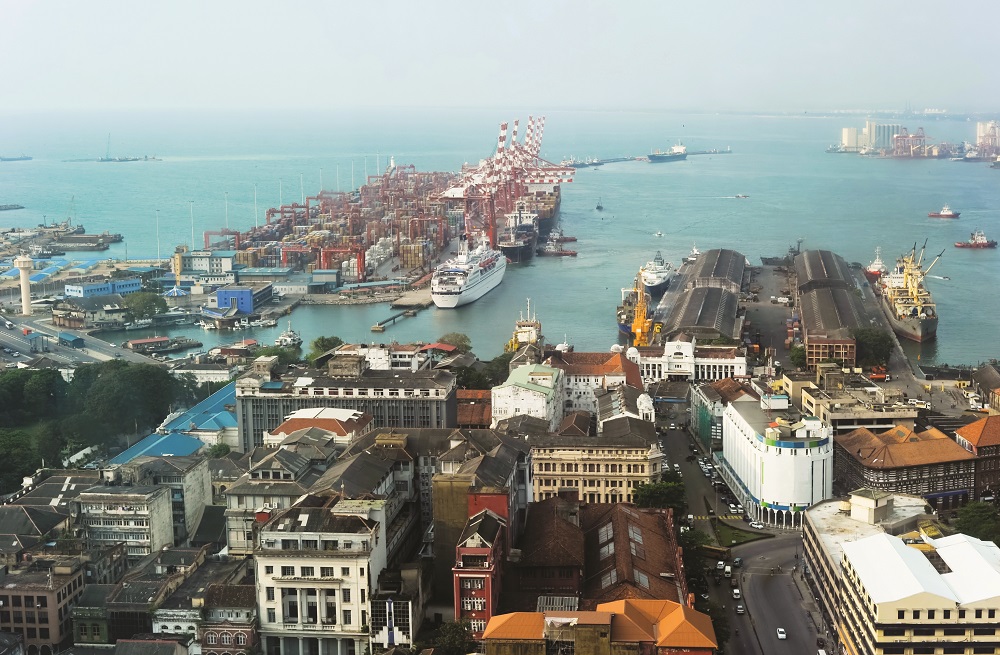
The government is remedying such failure by increasing its tax revenues with encouragement from the International Monetary Fund, which approved a three-year, USD1.5-billion loan for the country in 2016. A VAT of 15 percent has been levied on apartment sales since 1 April to that end. “The government didn’t introduce VAT last year, but they threatened to,” says Madawela. “This harmed the market to the extent that it created a lot of uncertainty. This year, they threatened to introduce that—and they did—and many people are not happy about it.”
Despite Sri Lanka’s platitudes on its budget, it stands to borrow even more from China this year, even though the government’s decision to lease its Hambantota port to China for 99 years is already being held up as a cautionary example of debt diplomacy via the Belt and Road Initiative. “It is imperative that loans or funds are obtained only based on need. The ability to repay these commitments should be at the heart of all decision-making. Infrastructure plans that cannot generate necessary revenue need to be reviewed regularly,” de Silva says.
The Hambantota port is not to be confused with the 269-hectare Port City reclamation project in the Sri Lankan capital, which de Silva calls a “game-changer”. Jointly developed by the Sri Lankan government and China’s CHEC Port City Colombo (Pvt) Ltd, the USD15-billion project will be divided into five different precincts, including an entirely new CBD, the Colombo International Financial City.
Sri Lanka is boldly forging ahead with infrastructure projects, most notably a USD6-billion light rail transit line, Colombo’s first, and the Pettah Multimodal Transport Hub. A road project, the Central Expressway, will link Colombo to the city of Kandy. Contractors in such projects are exempted from the Nation Building Tax.
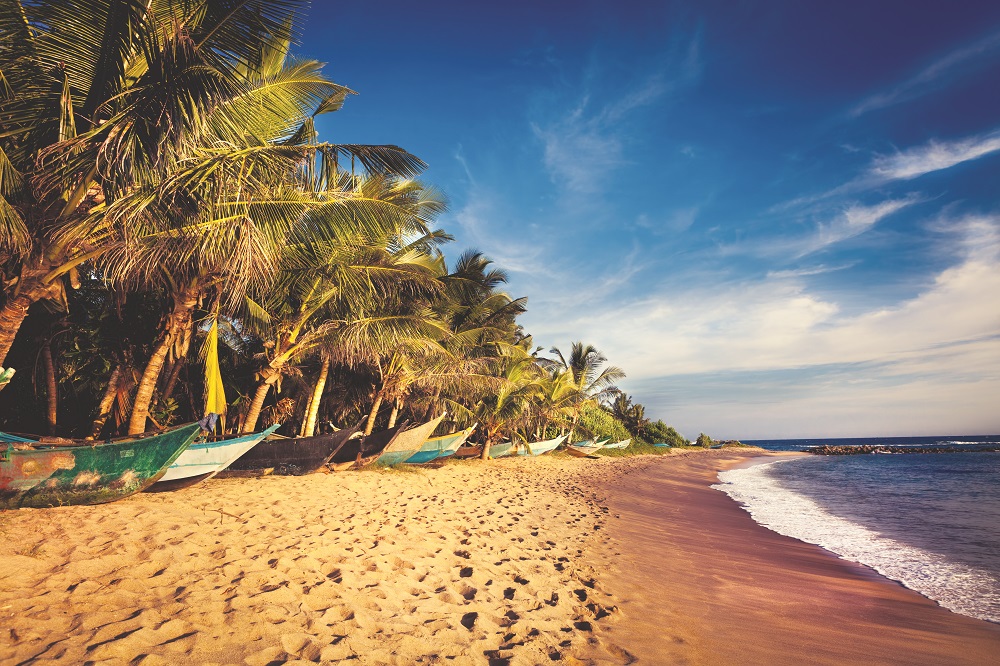
“The government’s infrastructure drive has been satisfactory considering we are just 10 years after the three-decade old war was over. With rapid urbanisation, much development needs to be done in the future; a multi-stakeholder, engagement-driven plan should be the way forward,” says de Silva.
The upcoming weeks are going to be pivotal for the real estate market as presidential elections will be called in November.
“The short-term outlook for the real estate market is not rosy. I say that because the next 12 months is going to see elections and a lot of political manoeuvring, which never helps any market, especially real estate,” says Madawela.
More: 6 places to visit and live in Galle
While its political scene suffers from poor optics on the global stage, its property sector has cause to regain investor confidence. Sri Lanka ranked 66th in the latest edition of the JLL Global Real Estate Transparency Index, up from its debut ranking of 69 in 2016.
“Not every idea will be a good idea. National-level policies and decision-making should not be based on winning an election but what is the best long-term outcome for the country,” says de Silva, urging “zero tolerance” for wastage and corruption.
“Political stability and consistent policy framework are the key. There is a growing need for the legislators to walk the talk and deliver results. Continuing to improve the law and order, improving the ease of doing business, and increasing the efficiency of the public sector should be the key focus areas,” he adds.
This article originally appeared in Issue No. 154 of PropertyGuru Property Report Magazine
Recommended
Meet the vagabond architect behind India’s housing scene
Vinu Daniel is helping to shake up India’s home building setting
Where Asian real estate stands in a fragmented, warmer world
Asia’s real estate industry faces many and varied challenges as external factors continue to bite
6 sights to see in Singapore’s Marine Parade
Handily located Marine Parade has emerged as a vibrant investment choice in the Lion City
There’s a township dedicated to health and wellness in Malaysia
Property seekers have their health needs catered for at KL Wellness City

